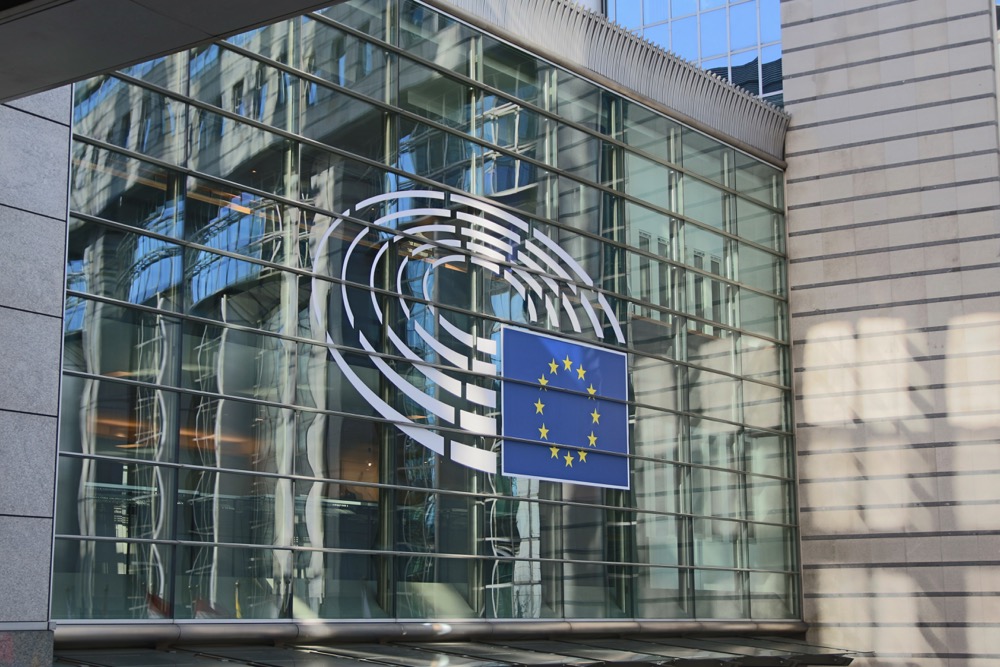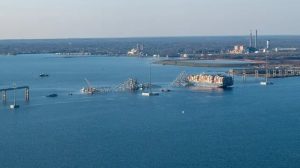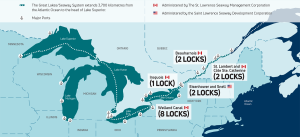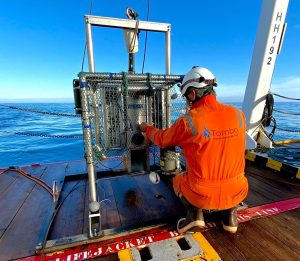Brussels – The European Commission today unveiled its long-term plan for the greening and digitalisation of transportation in a report entitled the Sustainable and Smart Mobility strategy. The blueprint is structured around three key objectives: making the European transport system sustainable, smart and resilient.
The EC said a clear path in implementing the European Green Deal is needed to achieve a 90% reduction in transport-related greenhouse gas emissions by 2050. In addition, the coronavirus pandemic has shed light on the vulnerabilities of the single market and the need to strengthen its resilience.
Today, transport accounts for a quarter of the EU’s total greenhouse gas emissions and emissions have increased over recent years. “Our goal of being the first climate-neutral continent by 2050 and our -55% greenhouse gas emissions reduction target by 2030 requires more ambition in transport,” the report stated.
The blueprint also targets a substantial shift from road to rail, inland waterways and short sea shipping. Currently, road transport accounts for 75% of inland freight moves
“Europe also needs to use digitalisation and automation to further increase levels of safety, security, efficiency, reliability, and comfort, thereby maintaining the EU’s leadership in transport equipment manufacturing and services, and improving our global competitiveness.”
The transition to a greener, smarter and more resilient mobility system should leave nobody behind. Mobility must be available and affordable for all, rural and remote regions must remain connected, and European transport must offer good social conditions to its workers and provide attractive jobs.
“The strategy sets out an action plan of concrete policy measures, structured around 10 key areas for action (“flagships”) areas that will guide the Commission’s work in the years to come. It also sets out milestones that show where we want to be in 10 and 30 years from now,” the report states.
Europe also needs to use digitalisation and automation to further increase levels of safety, security, efficiency, reliability, and comfort, thereby maintaining the EU’s leadership in transport equipment manufacturing and services, and improving our global competitiveness.
Transport was among the sectors hit hardest by the coronavirus pandemic and the crisis has caused healthy companies to lose jobs and revenue.. The strategy sets out much-needed reforms, policies and actions to support the sector in its recovery.
By 2030 the Commission wants planes and ships to begin using alternative fuels. It asserts the bulk of this will come from biofuels and just a small amount from fuels based on hydrogen, such as ammonia or e-kerosene.
The report wants zero-emission vessels to be introduced by 2030 and zero-emission large aircraft by 2035.
The cost of using transport within the EU is slated to increase under a plan that seeks to introduce massive cuts in fossil fuel subsidies and to incentivise green alternatives.
The roadmap aims to “shift the existing paradigm of incremental change to fundamental transformation,” said the report.
One of these pillars will see the extension and revision of the EU Emissions Trading System (ETS), with the maritime sector being included in the ETS for the first time, by January 2022.
The report admits that maritime and aviation transport “have greater decarbonisation challenges in the next decades, due to current lack of market ready zero-emission technologies, long development and life cycles of aircraft and vessels, the required significant investments in refuelling equipment and infrastructure, and international competition in these sectors.”
But with emissions from these two sectors having increased by 50% since 1990, urgent action is needed.
The EC calls for aviation and shipping to have “priority access” to renewable and low carbon fuels, “since there is a lack of suitable alternative powertrains in the short term. Furthermore, the Commission will consider to establish a Renewable and Low-Carbon Fuels Value Chain Alliance, within which public authorities, industry and civil society, will co-operate to boost the supply and deployment of the most promising fuels, complementing action under the European Clean Hydrogen Alliance and building on the success of the European Battery Alliance14,” according to the EC strategy.
(photo of EC Commission headquarters by Guillaume Perigois, Unsplash)





